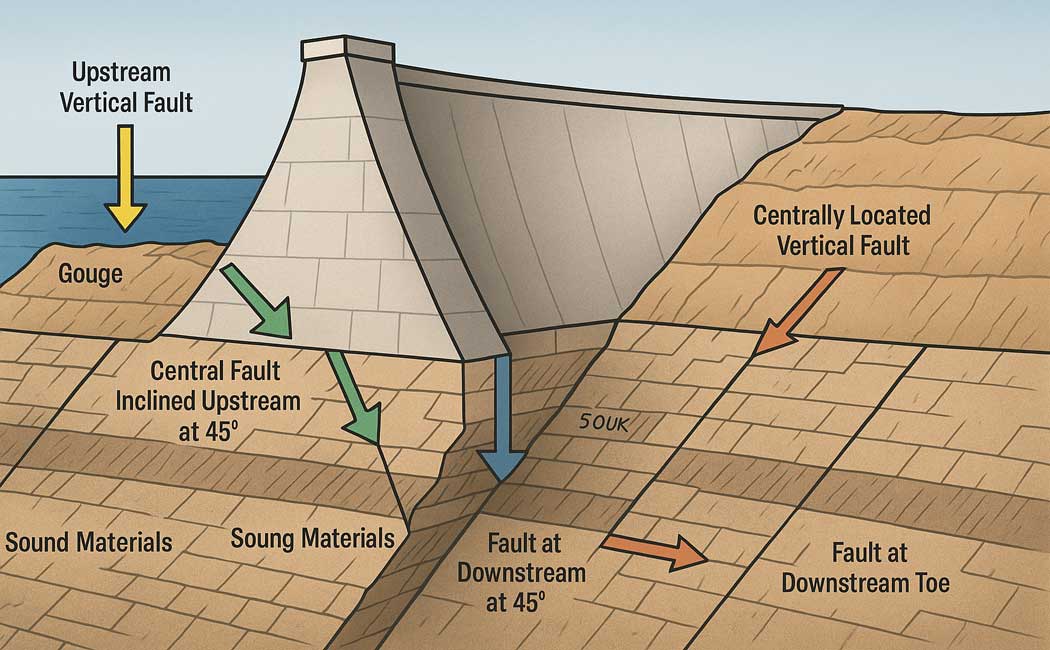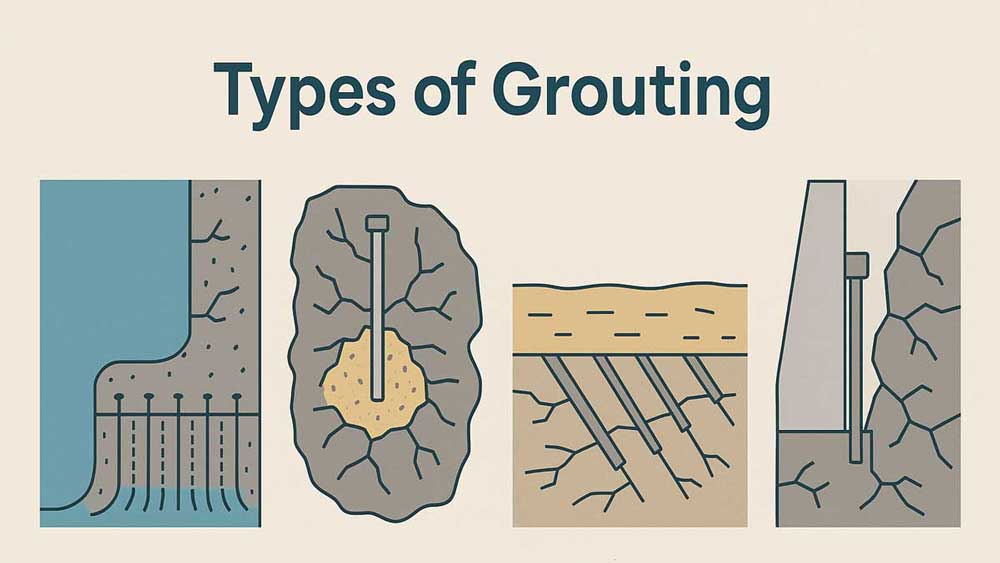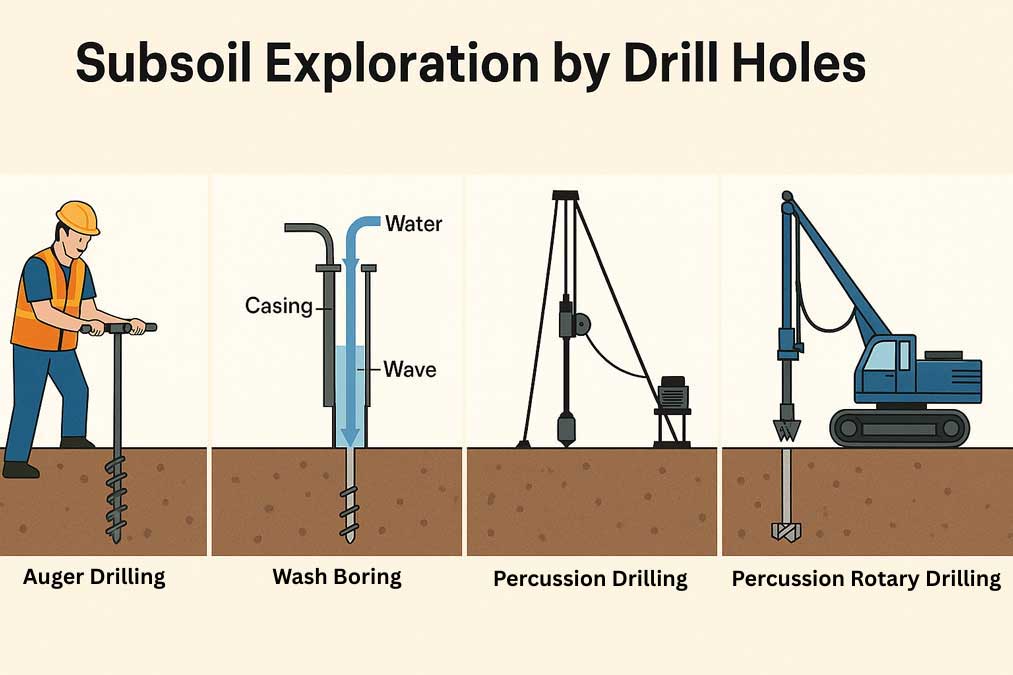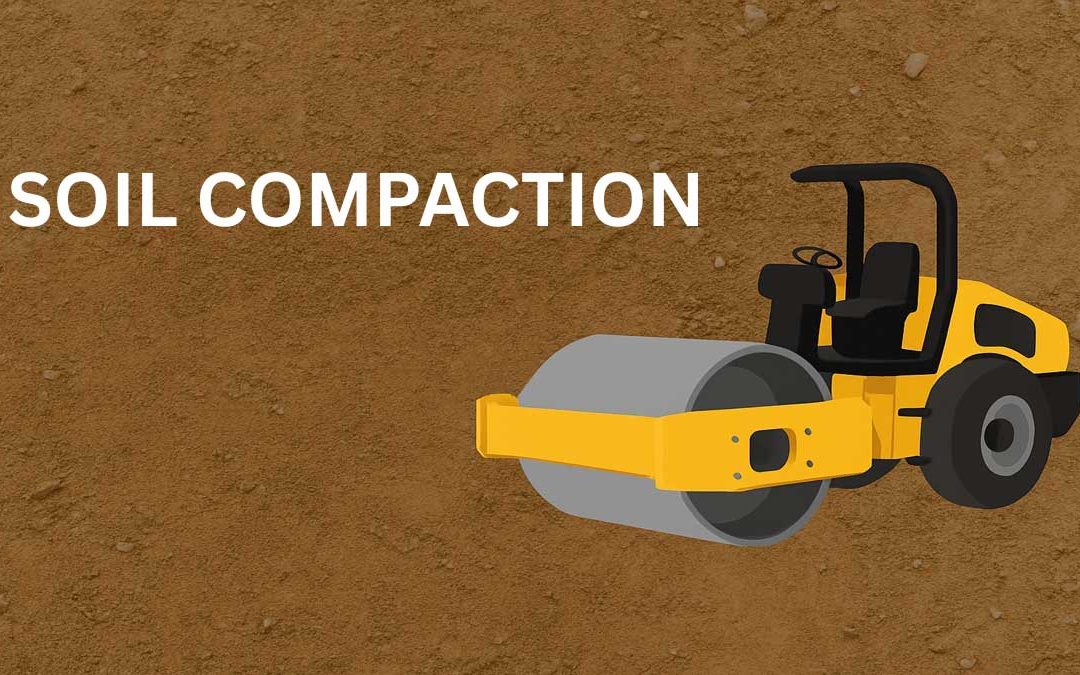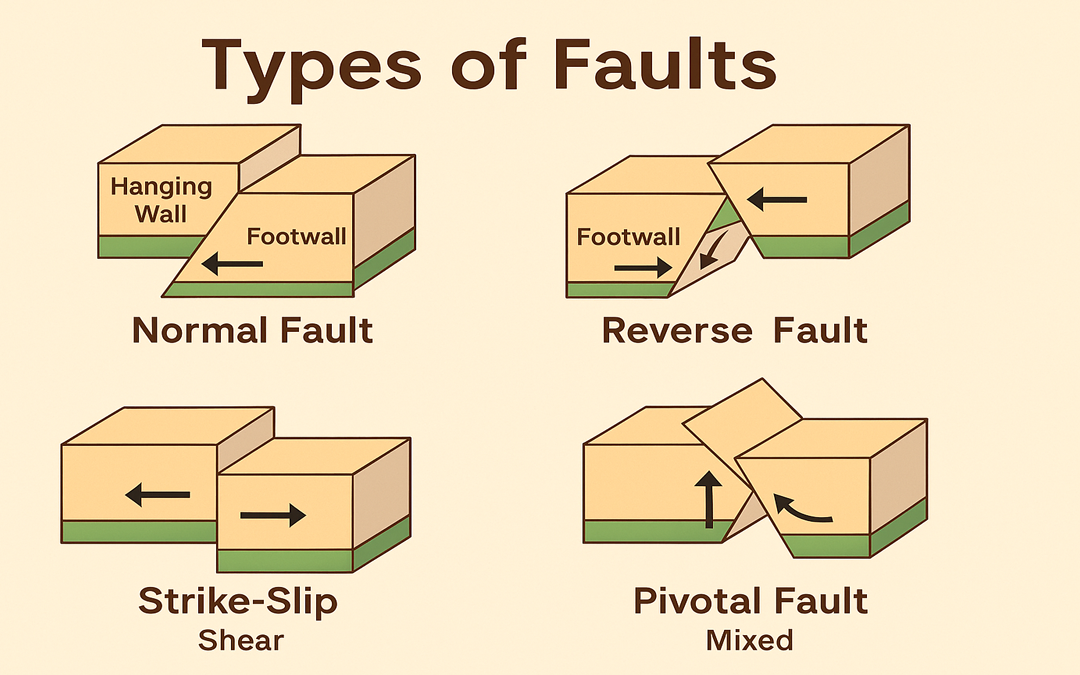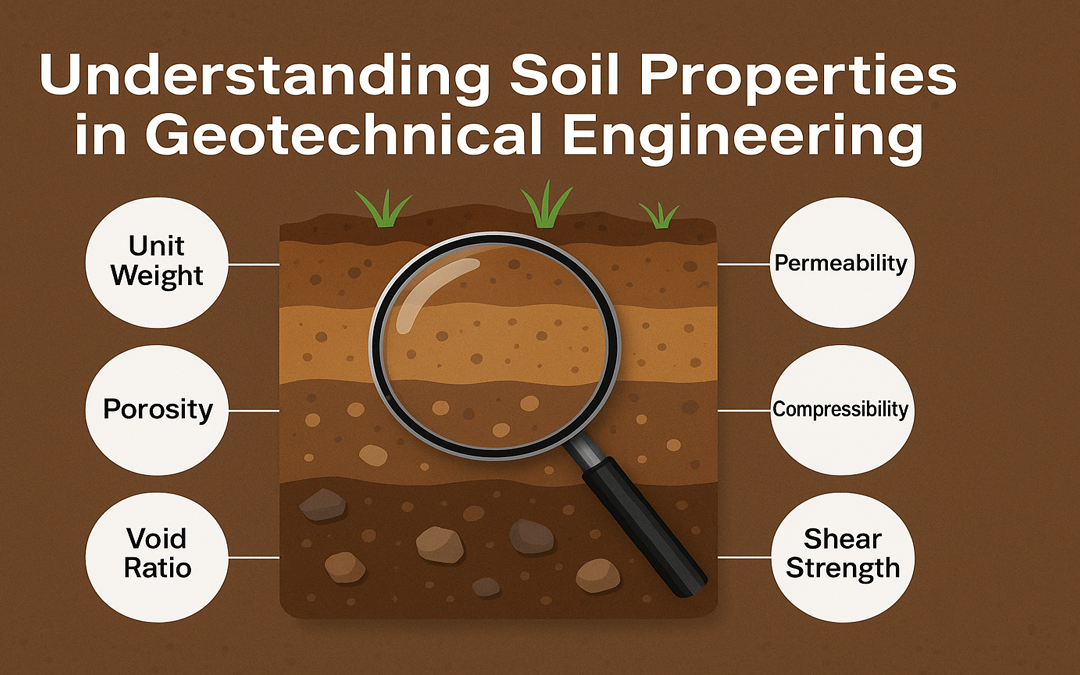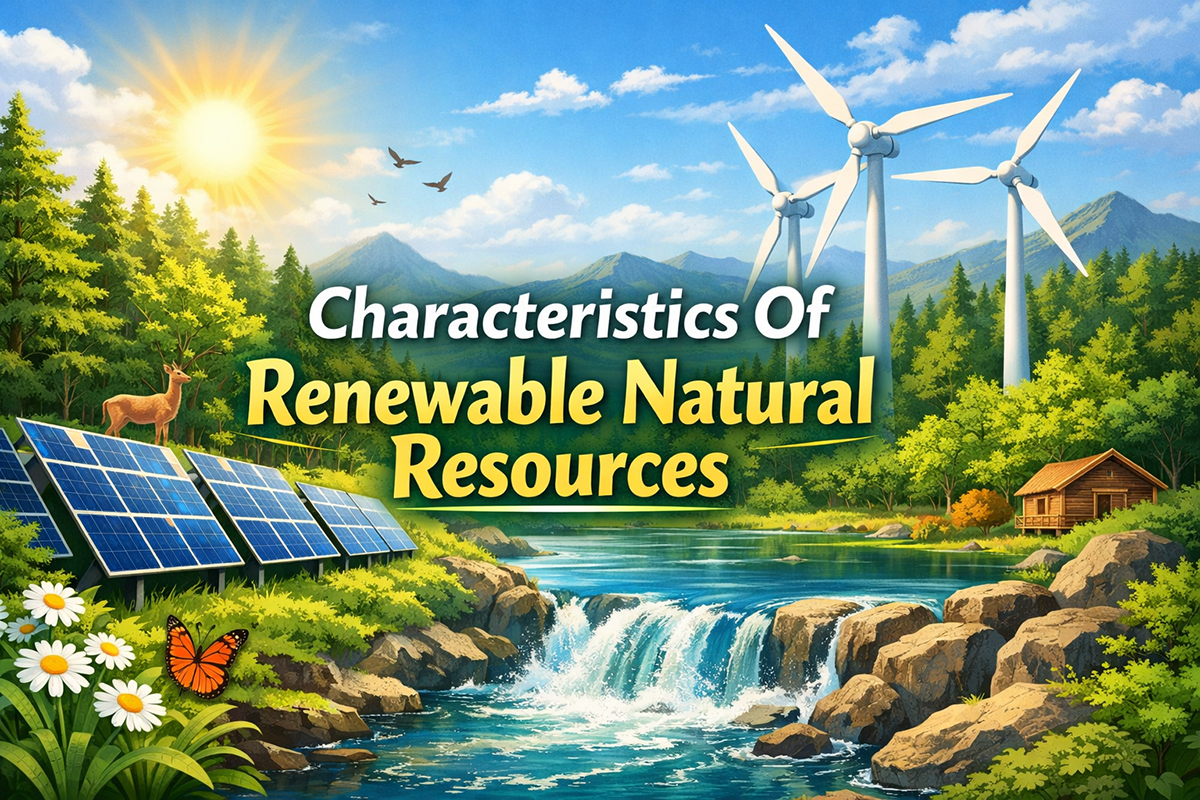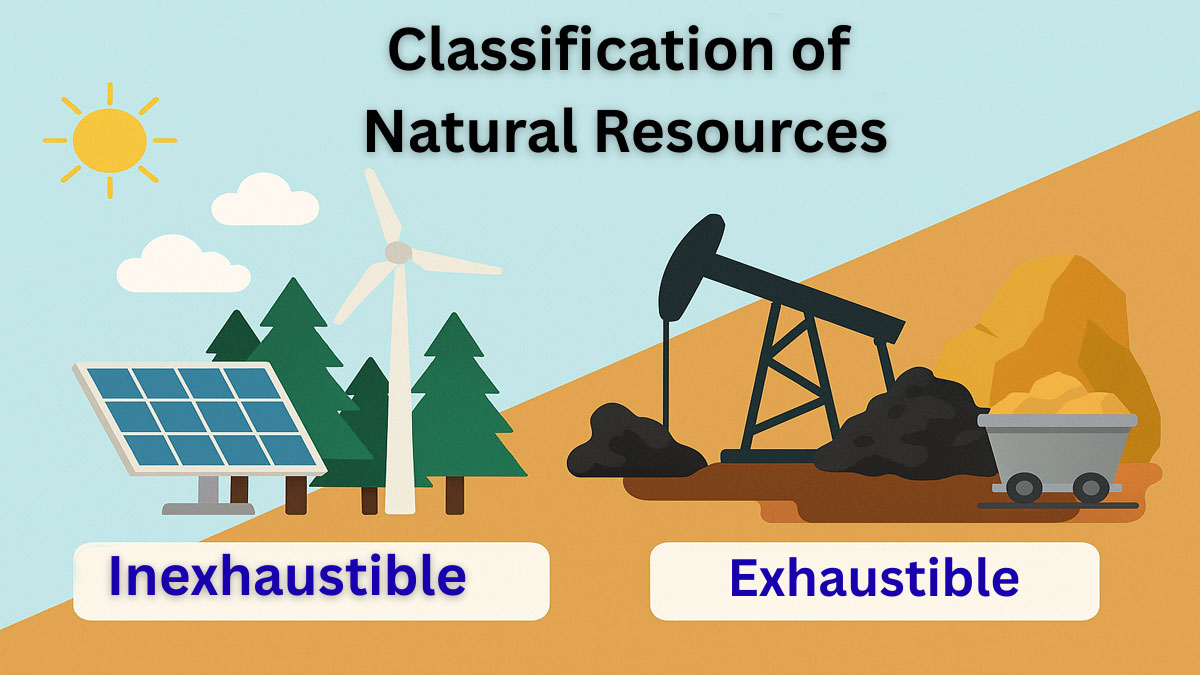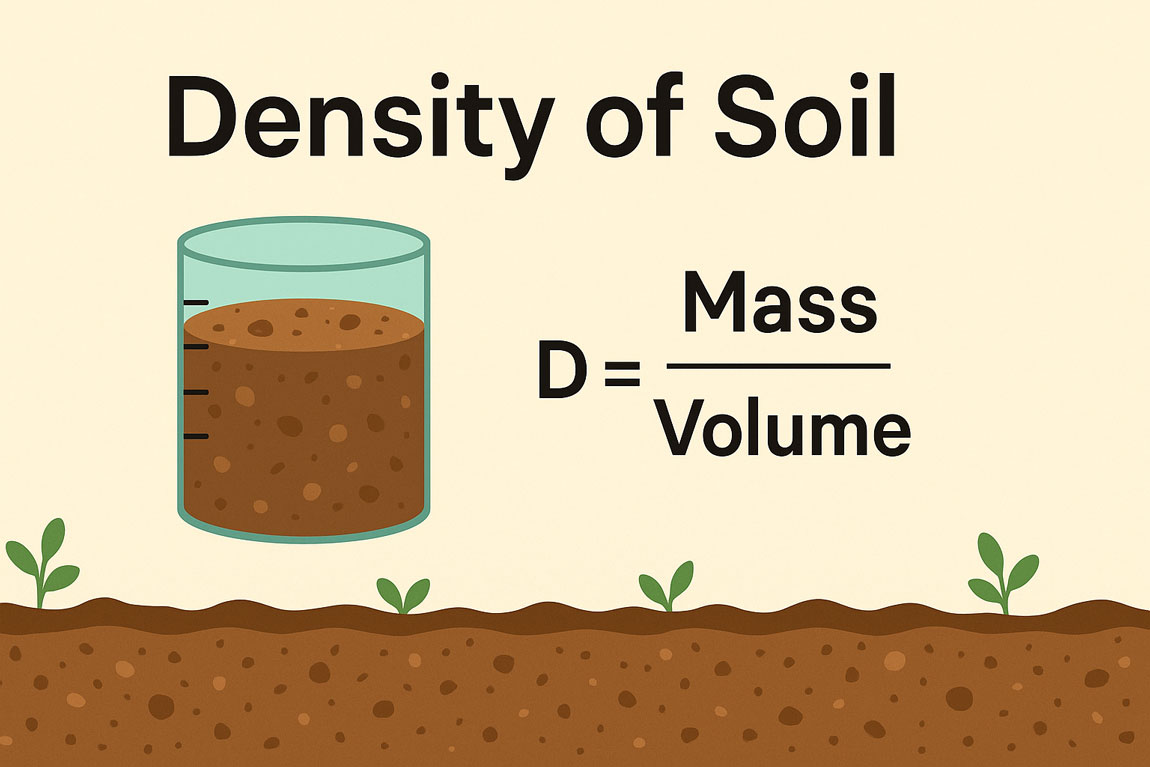
by Gelogia Team | Jul 17, 2025 | Hydrology, Physical Geology & Geomorphology, Structural Geology
The fault zone lying under gravity dams is composed of weak gouge materials with a low modulus of elasticity as compared to sound rocks, and hence is more deformable. The pressure of a fault zone induces more stress in a foundation than a normal foundation. A fault...

by Gelogia Team | Jul 16, 2025 | Physical Geology & Geomorphology, Structural Geology
Grouting plays a crucial role in geotechnical engineering by improving the strength, stability, and impermeability of soil and rock foundations. Engineers inject a fluid-like material into voids, cracks, or porous zones to seal, consolidate, or reinforce the ground....

by Gelogia Team | Jul 14, 2025 | Physical Geology & Geomorphology, Structural Geology
Subsoil exploration helps engineers understand what lies beneath the ground surface before starting any construction work. It identifies different soil layers and their properties. One of the common ways to explore subsoil involves drilling holes using methods such as...

by Gelogia Team | Jul 12, 2025 | Physical Geology & Geomorphology, Structural Geology
Compression soil accomplished by loading for a short period is known as compaction. It is a quick process of densification and stabilization of soil. A soil mass loses its compactness when it is excavated from its natural source and deposited elsewhere. Why Soil...

by Gelogia Team | Jul 7, 2025 | Physical Geology & Geomorphology, Structural Geology
Faults are fractures in the Earth’s crust where blocks of rock have moved past each other due to tectonic forces. These movements are caused by stresses such as compression, tension, and shearing. Understanding the types of faults is essential in geology to interpret...

by Gelogia Team | Jul 6, 2025 | Physical Geology & Geomorphology, Structural Geology
Soil properties are fundamental characteristics that define how soil behaves under various conditions. In geotechnical engineering, understanding these properties is essential for analyzing ground stability, designing foundations, and ensuring safe construction...
